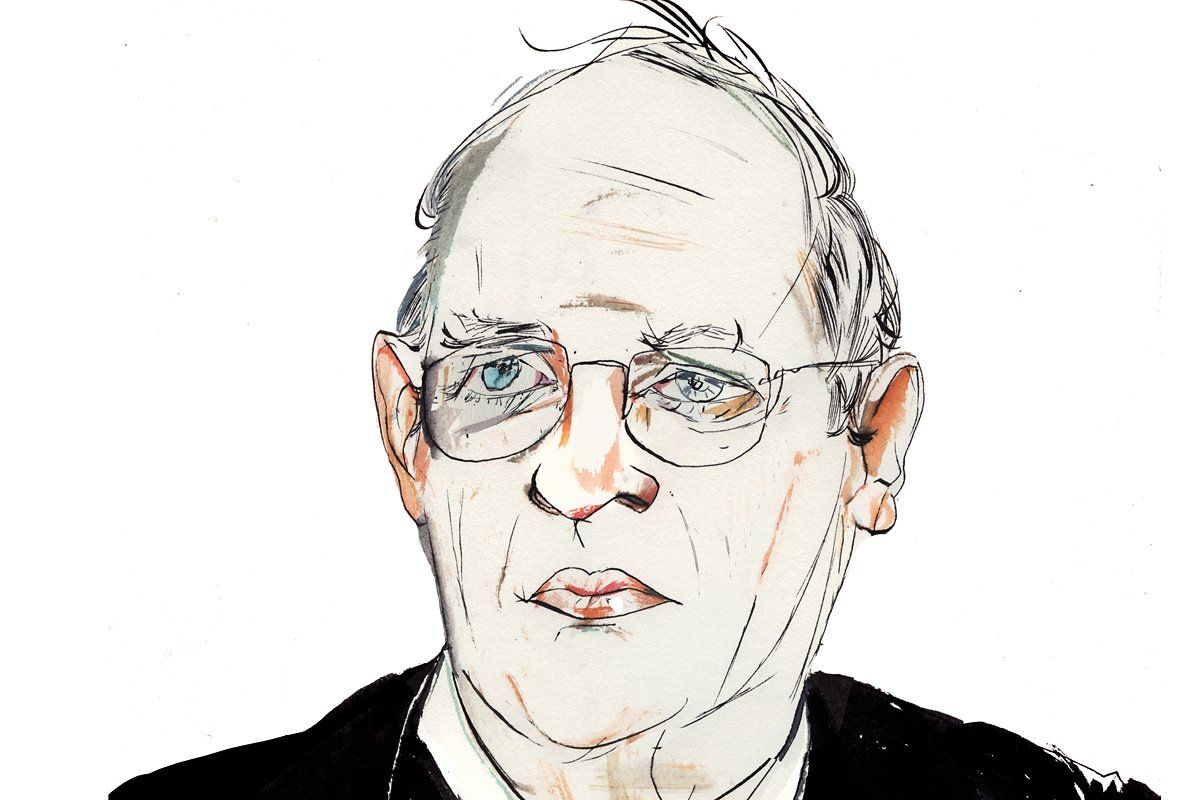
For conservatives, supreme Court Justice Anthony Kennedy is a heartbreak waiting to happen. He is the Reagan appointee who, in a quarter of a century on the bench, has raised conservative hopes on such momentous issues as abortion and school prayer, only to dash them, sometimes at the last moment, by giving his decisive vote to the court's liberal bloc.
Once again, Kennedy has the right convinced that this time he really is with them, and that his vote will overturn the key provision of Obamacare—possibly dooming the whole law.
Because Kennedy's vote over the years has seemed so tantalizingly available, veterans of the Supreme Court bar have learned to tailor briefs to fit Kennedy's perceived inclinations, and oral arguments can seem like a jurisprudential flirtation with the "swing" justice.
If Kennedy has a lodestar, it is a fixation on individual liberty. That is why liberals heard his questioning of Solicitor General Donald Verrilli, on the constitutionality of Obamacare's linchpin individual mandate, with such foreboding. In obliging every American to purchase a health-care policy, Kennedy mused, the law "changes the relationship of the federal government to the individual in a very fundamental way."
Helen Knowles, who has written a book about Kennedy's opinions, thought she saw a clear signal in that exchange suggesting Kennedy was leaning against the government. But Knowles also notes Kennedy's insistence upon individual responsibility, and his remarks in that regard—noting that an individual's decision not to buy health insurance does have an effect on the health-care market—gave liberals some cause for hope. "I have no idea just which way he's going to come out on this," she says.
Kennedy has regularly dealt grief to both sides of the ideological spectrum. Liberals still blame him for the presidency of George W. Bush because of his deciding vote in Bush v. Gore. Most maddening to conservatives has been Kennedy's inconstancy. In 1992 a Republican majority believed that it had Kennedy's vote to overturn Roe v. Wade. Justice Antonin Scalia had gone for a walk with Kennedy the night before the decision and thought he had Kennedy's vote. The next day Kennedy voted with the abortion-rights bloc upholding Roe.
Few court observers have more finely attuned antennae than GOP Sen. Mike Lee, whose father, Rex Lee, was Reagan's first-term solicitor general. The younger Lee supposes he has attended more than 100 sessions—including his time as clerk for Justice Samuel Alito. Guessing outcomes is "dangerous business," Lee says. "But there are times when you really can see it ... I was stunned at how strongly I perceived that this law was in trouble."
For now, only the eight justices who joined Kennedy on Friday in the conference room on the court's first floor for the initial vote know where he stands. Whatever his decision, the outcome won't become official until late June—which still gives the swing justice plenty of time to change his mind.
Uncommon Knowledge
Newsweek is committed to challenging conventional wisdom and finding connections in the search for common ground.
Newsweek is committed to challenging conventional wisdom and finding connections in the search for common ground.





